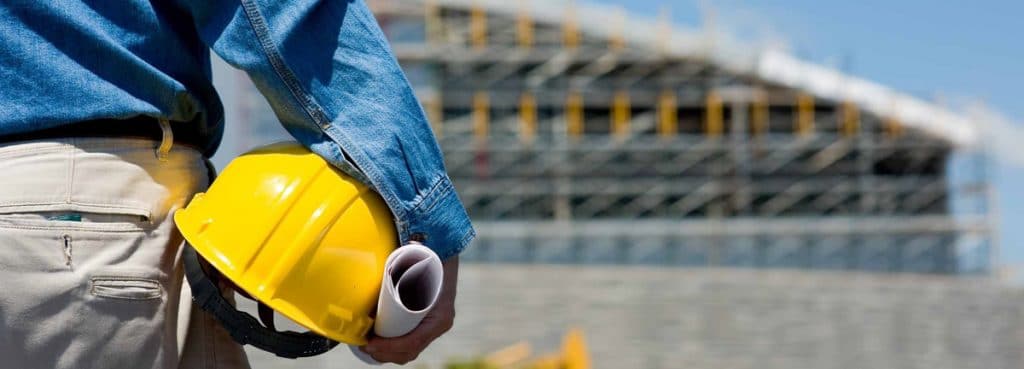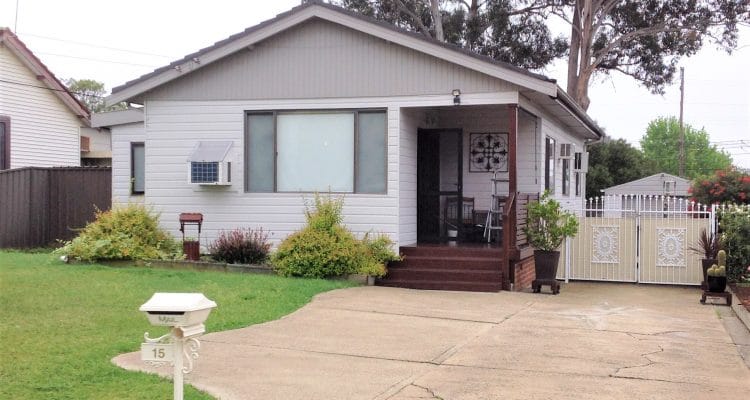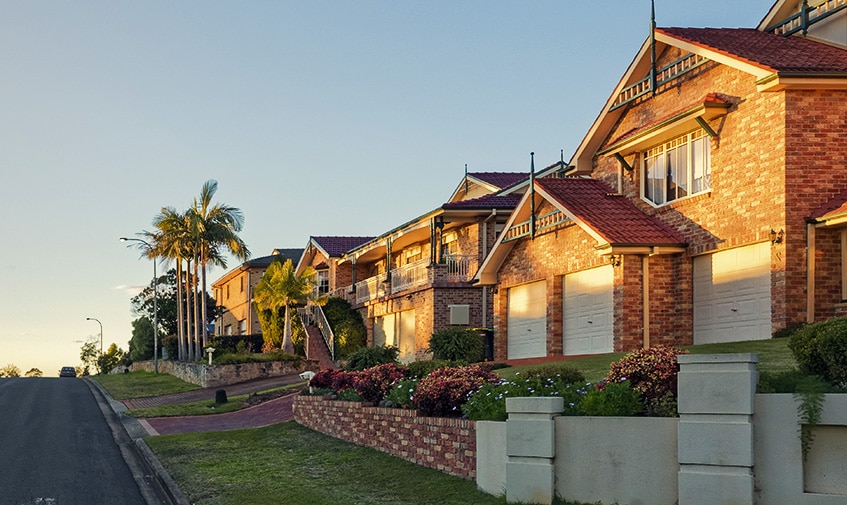The building inspection is a mandatory periodic building inspection, whose age exceeds 40 years, in order to determine its state of preservation and the appropriate conditions of safety, health, public decoration, habitability and accessibility, the necessary terms of universal accessibility and non-discrimination of people with disabilities for the access. Read more @ Vital Building Inspections.
And use of the building, obtain the certification of the building’s energy efficiency in accordance with current regulations and determine the precise works and maintenance work, and its realization the term indicated for the purpose, to comply with the conservation duty imposed by the current urban regulations.
What is the building inspection?
The building inspection consists in evaluating the state of conservation of the buildings, the necessary conditions of universal accessibility and non-discrimination of persons with disabilities for access.
And use of the building, obtaining the certification of the building’s energy efficiency in accordance with the current regulations and determine the precise works and maintenance work, and its completion within the period indicated for that purpose, in order to comply with the conservation duty imposed by the current urban regulations.
To which buildings does the building inspection affect?
The building and pest inspection affects all kinds of structures and constructions, regardless of their use or destination.
Who has to perform the building inspection?
The owners, natural or legal persons who own the buildings, will be the ones who must inspect them in compliance with the regulations in force. In the case of houses or premises integrated into a Community of Owners, the duty of inspection corresponds to the Community itself.
Why is it mandatory to perform the building inspection?
Because all owners of real estate must keep them in adequate conditions of safety, health, public adornment, habitability and accessibility.
The building and pest inspection is configured as a measure of control of compliance with the duty of conservation to know the existing deficiencies and actions that are necessary to maintain or replace the conditions above.
The non-fulfillment of the building inspection supposes the breach of the obligation of the duty of conservation, and therefore it will entail its execution, having an impact on the cost on the owners of the building, and in its case, the imposition of sanctions.

What are the advantages of the Building Inspection?
Conduct the building inspection and obtain a favorable result:
It accredits the fulfillment of the duty of conservation under adequate conditions of safety, structural stability, health, public adornment, accessibility and habitability, guaranteeing its durability.
Material damages and physical risks for people are discarded, and claims of third parties are avoided in the event of possible damages derived from a bad state of our building.
The comfort conditions are maintained or reached and help reduce energy consumption. Verify if the building is accessible or if it is capable of making reasonable adjustments in terms of accessibility.
When carried out by a competent technician and with a global vision, the works that the building needs will be the best and evaluated with efficiency and profitability.
It provides peace of mind to its occupants, avoiding costly repairs due to the worsening of deficiencies when detected promptly.
The depreciation of buildings is avoided by maintaining or increasing their market value and improving the rental or sale expectations since a favorable building inspection constitutes a guarantee for sellers, buyers or renters of the excellent state of the property.

